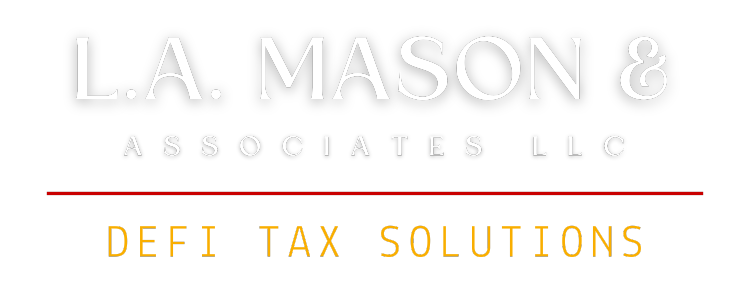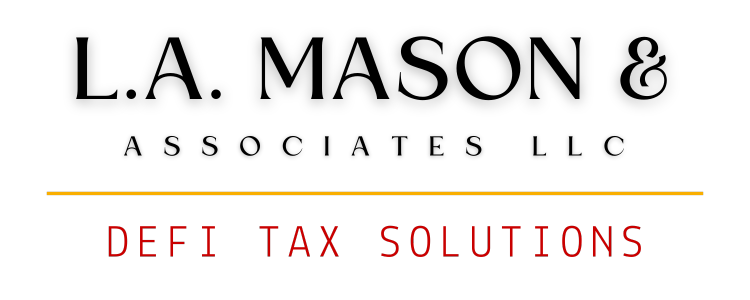
Estate Planning Lingo
Beneficiary: The beneficiaries are those who receive a percentage of your estate when you die. Also known as an heir.
Conservator: Professional appointed by the court to manage your assets.
Durable Power of Attorney: A legal document that gives someone you choose the power to act in your place in case you become incapacitated. It protects your property while you are still living by allowing someone to make financial decisions on your behalf. Upon death this document becomes invalid, and your Last Will & testament takes over your assets.
Executor: A person or institution appointed by a testator to carry out the terms of your Last Will & Testament. In addition to paying debtors, your executor will also handle checking into death benefits such as life insurance, veterans benefits, Medicare/Medicaid, and home or auto insurance policies that will be paid out after you die.
Futureproofing: Futureproofing is the process of anticipating the future and developing methods of minimizing the effects of shocks and stresses of future events.
Guardian: Professional appointed by the court to make your care decisions.
Grantor: The person who creates the living trust. He or she decides what property to include and who the beneficiaries will be. Because the trust is revocable (i.e. can be changed or terminated) until the grantor dies, the grantor can change any part of the trust as often as he or she likes. Also called the trustor.
Intestate: Dying without a valid Last Will & Testament. When a person dies in intestacy, figuring out the distribution of the deceased’s assets then becomes the responsibility of a probate court.
Heir: One who receives property from an ancestor. Also known as beneficiary.
Keogh: A tax-deferred pension plan available to self-employed individuals or unincorporated businesses for retirement purposes. A Keogh plan can be set up as either a defined-benefit or defined-contribution plan, although most plans are set as defined contribution.
Last Will & Testament: A legal document that conveys the final wishes of a decedent for the administration and division of his estate after his/her passing. This document is a public record.
Legal Guardian: Individual or people who will care for your children if you have become incapacitated or die.
Living Will: A legal document detailing your desires regarding your medical treatment in circumstances in which you are no longer able to express informed consent.
Medical Power of Attorney: A legal document that names one person the health care agent of another person. The agent makes health care decisions and assures that doctors and other medical personnel provide necessary and proper care according to your wishes.
Probate: A legal process in which a will is reviewed to decide whether it is valid and authentic. Probate is a time-tested and court-supervised procedure to ensure that the estate is properly administered. The complexity and cost of probate varies by state. Probate in some states and large cities can be costly and take a long time. Probate also refers to the general administering of a deceased person’s will or the estate of a deceased person without a will.
Revocable Trust: A written legal document through which your assets are placed into a trust for your benefit during your lifetime and then transferred to designated beneficiaries at your death by your chosen representative, called a “successor trustee”. Revocable Trusts are “revocable” because you can change them as your circumstances or wishes change. Unlike a Last Will & Testament, this is a private document.
Trustor: The trustor or “grantor” of a trust is the person who creates the trust. The trustor is the one who contributes property to the trust. The trustee is the person who manages the trust and is usually appointed by the trustor. The trustor is also often the trustee in living trusts.
Trustee: An individual person or member of a board given control or powers of administration of property in trust with a legal obligation to administer it solely for the purposes specified. The person who carries out the Revocable Trust.

